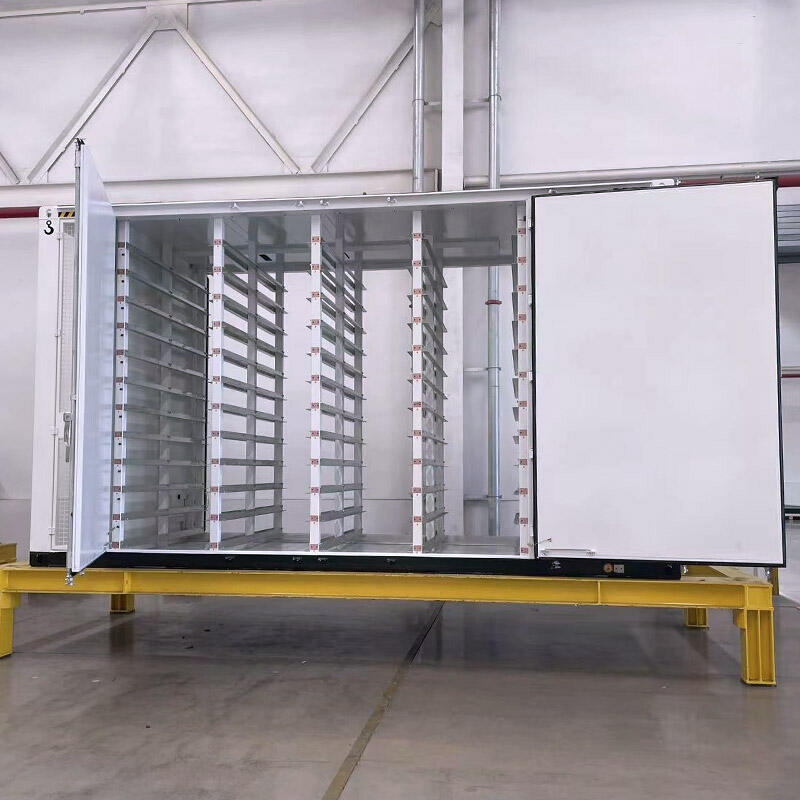high capacity energy storage systems are designed to store large amounts of electrical energy, typically ranging from megawatt-hours to gigawatt-hours, making them critical for utility-scale applications and large industrial needs. These high capacity energy storage systems enable utilities to manage peak demand, storing excess energy during low-usage periods and releasing it during high-demand times to avoid strain on the grid. high capacity energy storage systems are essential for integrating large-scale renewable energy projects, such as solar farms or wind parks, by storing surplus generation for use when production declines. They also provide grid stabilization services, using their high capacity to quickly inject or absorb power, balancing frequency and voltage fluctuations. Industrial facilities with high energy needs utilize high capacity energy storage systems to reduce reliance on the grid during peak tariff periods, lowering operational costs. These systems often employ technologies like lithium-ion battery arrays, pumped hydro storage, or flow batteries, chosen for their ability to deliver sustained high capacity over extended discharge periods. high capacity energy storage systems are key to transitioning to renewable-heavy grids, ensuring reliable energy supply despite the variability of clean energy sources.


